Jesus’ death connects us to him and to each other. This principle is so important that the Apostle Paul makes a stink about the saints in Corinth’s practice of communion. Actually, he doesn’t make a sink. He points out that their practice stunk.
In the following directives, I have no praise for you, for your meetings do more harm than good. In the first place, I hear that when you come together as a church, there are divisions among you, and to some extent, I believe it. No doubt there have to be differences among you to show which of you have God’s approval. So then, when you come together, it is not the Lord’s Supper you eat, for when you are eating, some of you go ahead with your own private suppers. As a result, one person remains hungry and another gets drunk. Don’t you have homes to eat and drink in? Or do you despise the church of God by humiliating those who have nothing? What shall I say to you? Shall I praise you? Certainly not in this matter!
These are the specific practices that Paul was sniffing and pointing out:
1. Not patiently waiting for some to arrive, “you go ahead with your own private suppers.”
I can relate to this. It is usually the same person or the same family that always keeps others waiting. This can be frustrating. At EFCC, we wouldn’t hold up a service or our communion, which is usually at the end of the service, because someone we were expecting to be there didn’t show up that day.
2. Some were left out, “one person remains hungry.”
Our practice of communion isn’t at lunch or dinner. I’ve often wondered what a person had to do to get seconds of communion. It is separate from our regular meals, “Don’t you have homes to eat and drink in?” We separate it today so it will be a special time of focusing on Jesus and not our stomach, not ourselves.
3. Getting drunk, “and another gets drunk.”
There has been a debate about whether the cup Jesus said was his blood was a cup of wine, a fermented drink or a cup of juice. Some argue that the bread of Passover was unfermented (without yeast) and therefore the drink would have been the same. The point is arguable and I don’t see us learning for sure until we are in Jesus’ presence. What is clear is that getting drunk takes the focus off of Jesus and is at minimum a distraction from the meaning of the Lord’s table, and probably so much worse than that and a big part of why they were doing more harm than good.
4. Not providing for those that couldn’t afford to bring food, “humiliating those who have nothing.”
“They’re late and they won’t bring anything anyway, let’s just get started.” I can hear myself saying that in many modern settings. But Paul says that the church is to be connected and because of Jesus’ sacrifice we care for, wait for, and honor one another. Ask God to help that be our personal and corporate practice at Emmanuel Faith. And if you notice ways that it is not, speak up and change something.
John Riley

